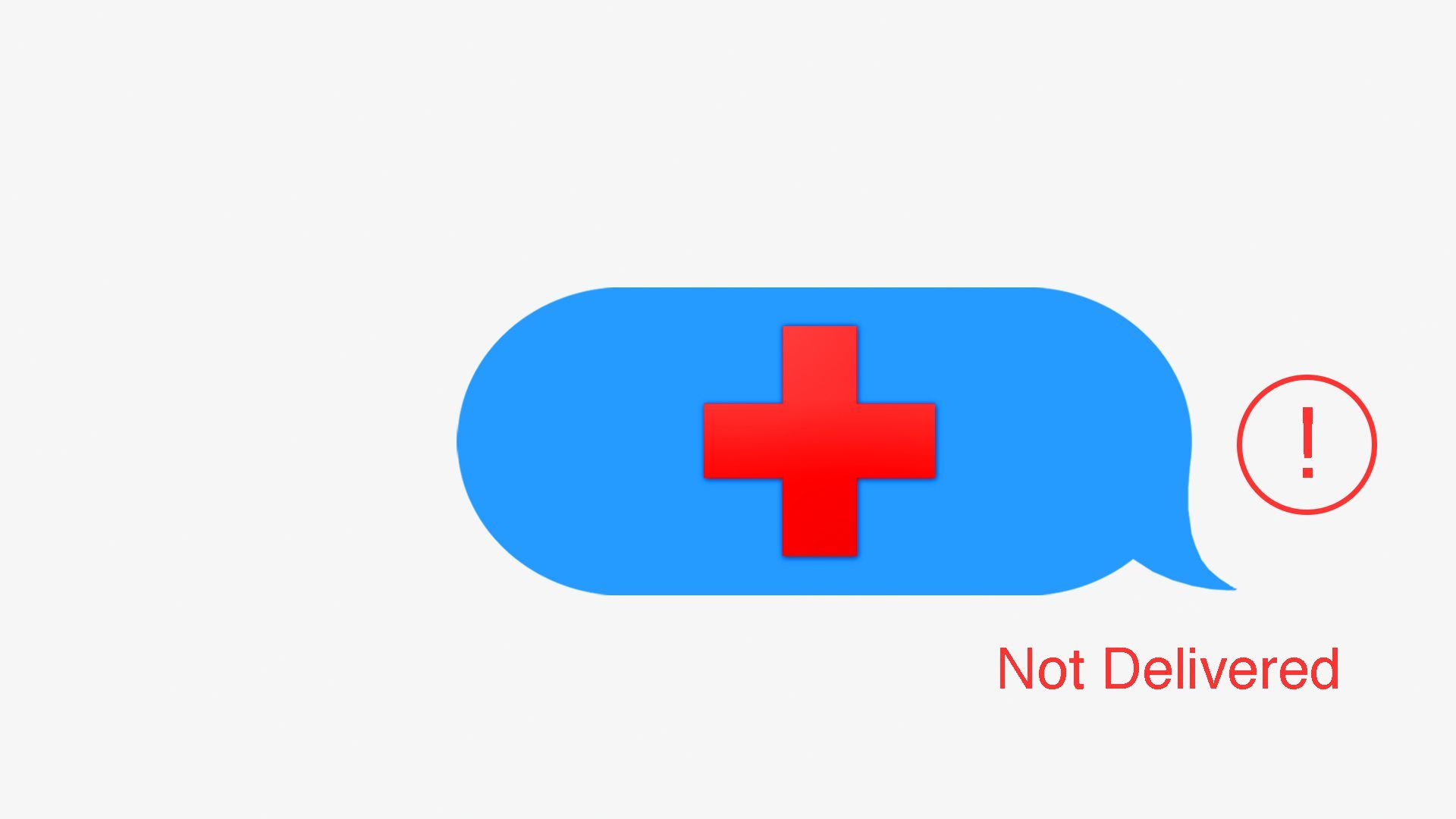Mar 16, 2021 - Health
Telehealth usage occurred mostly in urban, wealthy areas, study says
Add Axios as your preferred source to
see more of our stories on Google.

Illustration: Annelise Capossela/Axios
Add Axios as your preferred source to
see more of our stories on Google.

Illustration: Annelise Capossela/Axios